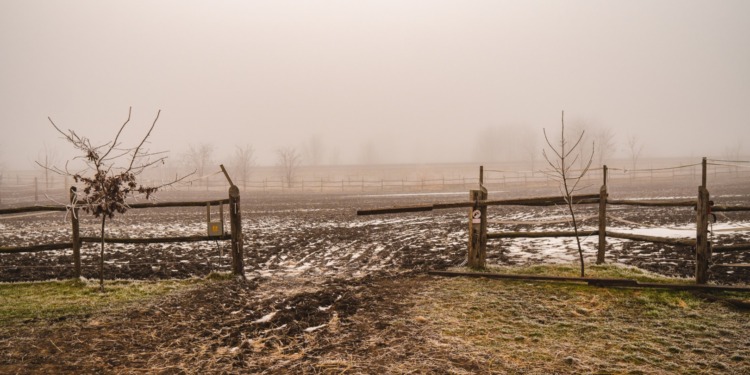The Food and Agriculture Organization of the UN (FAO) has published an assessment of how disasters, amplified by climate change, pandemics, epidemics, and armed conflict, are affecting agriculture and food security around the world. The report highlights the need for “urgent action… to prioritize the integration of multisectoral and multihazard disaster risk reduction strategies into agricultural policies and programmes.”
The flagship report is titled, “The Impact of Disasters on Agriculture and Food Security: Avoiding and Reducing Losses Through Investment in Resilience.” It is part of global efforts to measure progress towards a more sustainable future, including the 2023 SDG Summit and the midterm review of the Sendai Framework for Disaster Risk Reduction 2015-2030, as well as the first Global Stocktake (GST) of the Paris Agreement on climate change at the UN Climate Change Conference (UNFCCC COP 28) and the 2024 Summit of the Future.
The report defines disasters as “serious disruptions to the functioning of a community or society.” Having increased in severity and frequency, from 100 events per year in the 1970s to around 400 events per year in the past 20 years, disasters are affecting agrifood systems, compromising food security, and undermining the agriculture sector’s sustainability.
According to the study, over the last 30 years, disasters have resulted in a loss of an estimated USD 3.8 trillion worth of crops and livestock production. This corresponds to an average loss of USD 123 billion per year, or 5% of annual global agricultural gross domestic product (GDP).
Lower-income countries (LICs) and lower-middle-income countries (LMICs) have been affected the most, with losses ranging from 10-15% of their total agricultural GDP. Over the same time period, small island developing States (SIDS) have lost nearly 7% of their agricultural GDP.
Related Articles: How Does Climate Change Affect Agriculture? | Almost Half the World’s Population Lives in Households Linked to Agrifood Systems | How to Make Agriculture Carbon-neutral: Lessons from Denmark | Informed Farmers Are Successful Farmers | Why does sustainable agriculture remain a challenge?
The study argues that to build resilient agrifood systems, it is essential to understand interconnected and systemic risks and underlying disaster risk drivers.
“Proactive and timely interventions,” it notes, “can build resilience by preventing and reducing risks in agriculture,” as evidenced, for example, by anticipatory and preventive actions against the desert locust outbreak in the Horn of Africa in 2020-2021, which “demonstrated favourable benefit to cost ratios for investing in disaster prevention and resilience.”
The report identifies the need to:
- improve data and information on the impacts of disasters in agriculture;
- develop and mainstream multisectoral and multihazard disaster risk reduction (DRR) approaches into policy and decision making; and
- invest in resilience to reduce disaster risk in agrifood systems.
The report was launched on 13 October 2023, in advance of the UN Climate Change Conference in Dubai, United Arab Emirates (UAE).
— —
This article was originally published by the International Institute for Sustainable Development (IISD) and is republished here as part of an editorial collaboration with the IISD.
Editor’s Note: The opinions expressed here by the authors are their own, not those of Impakter.com — Featured Photo Credit: Freepik.










